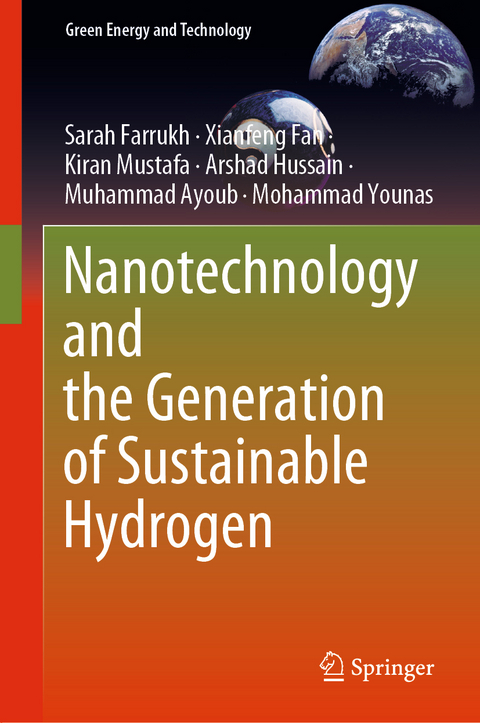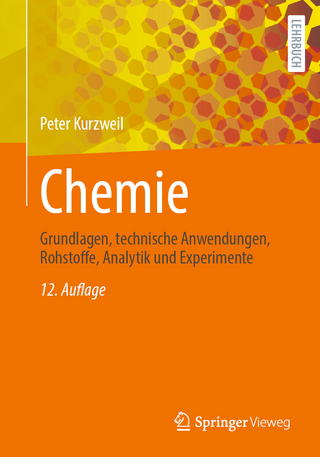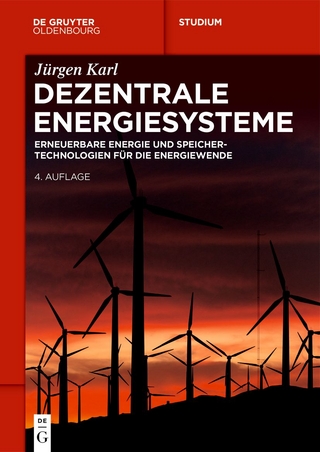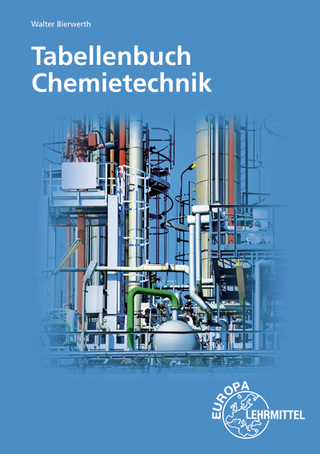
Nanotechnology and the Generation of Sustainable Hydrogen
Springer International Publishing (Verlag)
978-3-030-60401-1 (ISBN)
This book explains the aspiring vision of a sustainable hydrogen generating system which employs nanotechnology one way or the other and presents a detailed update on research activities, achievements and challenges. It explores how nanotechnology is reshaping science in general and how this can be applied to the generation and storage of hydrogen energy.
This book begins by highlighting the importance of hydrogen a source of sustainable energy and its impact on the technical advances of fuel cells, internal combustion engines, batteries and power plants. The book depicts the role of nanotechnology in the development of sustainable hydrogen. Comprehensive studies on various nanotechnologies involved in hydrogen generation are discussed in separate chapters, representing a complete picture of hydrogen generation utilizing nanotechnology.
This book serves as a useful research tool for academics and practitioners looking towards new ways to develop and consume energy, without conceding our environment. Providing the advantages and disadvantages of each technology discussed, this book shows the benefits of utilizing nanotechnology in this field.
lt;p>
Assistant Professor Sarah Farrukh has two master's degrees, in physics and energetic materials engineering, as well as a Ph.D. from National University of Science & Technology, Pakistan. Since completing her Ph.D., she has worked in several research positions before becoming an Assistant Professor at NUST, Pakistan. She is a member of APCOMS and has submitted three patents. She is an author of around 45 conference and journal papers and of 3 book chapters.
Professor Xianfeng Fan gained his B.Sc. from Jiangxi University of Science & Technology, his M.Sc. from Central South University and Beijing General Research Institute of Mining & Metallurgy and his Ph.D. from the University of Birmingham. He has worked in several research and teaching positions and is now a Professor in the Institute for Materials and Processes at the University of Edinburgh. He has published over 90 journal articles, 85 conference papers and 3 book chapters.
Kiran Mustafa gained her B.S. and M.Phil. degrees from the Women University of Multan, where she is now studying for her Ph.D. She has published 6 research papers and is involved in several research projects including the Development of Polymeric Membranes for Disinfection, Desalination and Photocatalytic Degradation of Water Pollutants.
Professor Arshad Hussain has gained his bachelor's degree in 1994 from NED University of Engineering & Technology Pakistan, M.Sc. in 2001 from Friedrich-Alexander University Erlangen and Ph.D. from OVG University in 2005. He has undertaken several research and teaching positions, before becoming a Professor and Head of the Department in the Department of Chemical Engineering at NUST, Pakistan. He has more than 70 conference and journal papers.
Introduction.- Generation of Sustainable Hydrogen and Nanotechnology.- Storage and Use of Sustainable Hydrogen and Nanotechnology.- Hydrogen Future: Towards Industrial Applications.
| Erscheinungsdatum | 31.10.2020 |
|---|---|
| Reihe/Serie | Green Energy and Technology |
| Zusatzinfo | XI, 109 p. 11 illus., 7 illus. in color. |
| Verlagsort | Cham |
| Sprache | englisch |
| Maße | 155 x 235 mm |
| Gewicht | 360 g |
| Themenwelt | Naturwissenschaften ► Chemie ► Technische Chemie |
| Technik | |
| Schlagworte | Energy Materials • Energy Storage • Fuel cells • Green Energy • Hydrogen Energy • Nanomaterial • nanomaterials • Nanomembranes • Nanostructured Catalysis • nanotechnology • Solar Fuel • Water splitting |
| ISBN-10 | 3-030-60401-2 / 3030604012 |
| ISBN-13 | 978-3-030-60401-1 / 9783030604011 |
| Zustand | Neuware |
| Haben Sie eine Frage zum Produkt? |
aus dem Bereich


